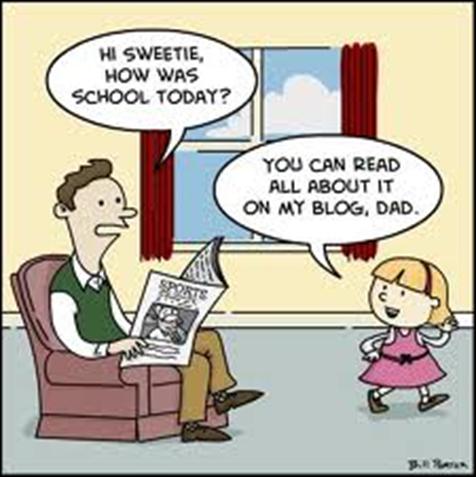 Liberals tend to use their cell phones to keep up with election or political news more than conservatives.
Liberals tend to use their cell phones to keep up with election or political news more than conservatives.The article "The State of the 2012 Election - Mobile Politics" mainly talked about the differences in mobile phone use to keep up with the presidential race between political parties. However, there was not all that much difference in any category, except that liberals are more likely (37%) than conservatives (25%) to use their cell phones to "keep up with news related to the election or politics." In most other categories, the differences were almost non-existent, with percentage differences of only one to three percent.
The digital divide is slowly decreasing, but it definitely still exists, especially for people over the age of 50.
 The main thing that I took out of the survey talked about in the article, and something that I expected, is that smartphone owners over the age of 50 are far less likely than those under 50 to use their smartphones to read political comments, post political comments, or look up further information about political statements. Although the piece by Guidry mentioned the digital divide with respect to actually owning Internet access or computers, a different divide exists among people that have these devices.
The main thing that I took out of the survey talked about in the article, and something that I expected, is that smartphone owners over the age of 50 are far less likely than those under 50 to use their smartphones to read political comments, post political comments, or look up further information about political statements. Although the piece by Guidry mentioned the digital divide with respect to actually owning Internet access or computers, a different divide exists among people that have these devices.The participation gap is what actually may be prevalent among the different age groups and their uses of technology.
Guidry cites the participation gap as "different skills, predilections, and comfort levels with different technologies." Older citizens may not use their phones for political reasons because they grew up with other ways to get political information, or they have just started to buy smartphones and are more concerned with just calling and texting than other fancy applications.
 Constant technological innovations will prevent different generations from ever being completely equal and undivided.
Constant technological innovations will prevent different generations from ever being completely equal and undivided.Many people might think that as this generation ages and becomes the older generation, they will still be "hip" to technology because they grew up with it. However, as is the case throughout history, even the most advanced individuals of their times would be baffled by the new gadgets we have today. As we advance in time, new technologies will always be invented, and it will be this way forever. When we grow up, I am convinced that we will be as confused by new technologies as our parents are by Facebook and Twitter. The digital divide and participation gap will always seem to decrease, but they will always be there to some extent.
No comments:
Post a Comment